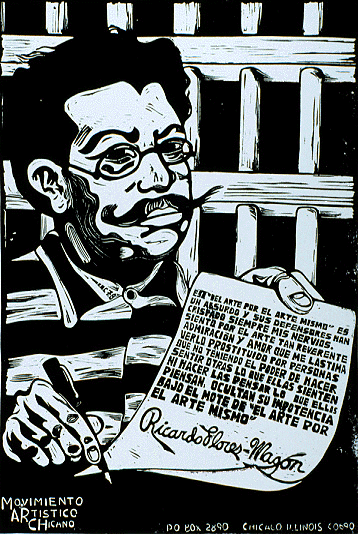
Don't you just love it? Around every corner is more proof of our lovely system's most endearing effects. This time it's about cheating. Cheating to get ahead. Cheating to look good. Cheating to please mom and dad. Cheating to please oneself.
Here is a fantastic survey taken by collegehumor.com all about cheating in American universities. There are some real doozies. My favorites? Well, let me be completely predictable and say I love the one that indicates that religious students cheat at a rate of 65.4% and non-religious students cheat at a rate of 58.3%. I love it! So much for the moral chumpass...err...compass.
There are some other real gems. How about the real basic 61% of all college students cheat!!! Or...perhaps the most significant in this system of have's and have-not's is that the average GPA of cheaters is 3.37 vs. a GPA of non-cheaters at 2.85. "Screw you teacher, if I'm going to get ahead in this world I'm gonna cheat. The system doesn't reward wholesome principles, or even actual knowledge...it rewards GPA!" A whopping 64.8% of men cheat versus a seemingly modest 42% of women. A sarcastic silver lining of solidarity can be found in the statistic that says that 45% of students allow others to cheat of them. Finally, students that cheat in school are 11% more likely to cheat in their relationships.
In my own high school classes I've decided to circumvent this banal tendency and simply told my students to go ahead and cheat if they want. Considering I've devalued the points they can earn from traditional classroom products such as exams, homework, etc. and based the bulk of their grade on effort and sacrifice, they find it rather pointless to cheat on any of my exams. Also, I randomly make exams worth 1000 or 2000 points to teach them of the pointlessness of grades. They never know what is worth more, a homework assignment, a test, a quiz or a presentation. They really have a difficult time letting go of the idea that I actually reward their in-class participation and attendance more than anything else.
Removing the pressure of a getting a good grade the majority of my students stay engaged in subject. They aren't competing against a system that rewards the "best," but a system that rewards their best efforts and the sacrifices of showing up. Our classroom environment is cooperative, challenging and flexible to the diverse interests, needs and learning styles of my students. My students have to un-earn an "A." And that is a very difficult task. It happens, but not often. The absence of pressure to succeed in the traditional format has invited learning for the sake of learning. We also don't bullshit each other with useless, decontextualized material. We delve into meaningful and pertinent topics. My students love engaging me in politics and cultural/social critiques. All the while, we are learning Spanish.
On the other hand, I offer no magical classroom management techniques to solve the problems colleges and universities face. Instead, I laugh and cringe at the real effects of a system that rewards greed, power, lust, luxury and self-interest. May the wheels fall off this Roman Vomitorium Bus soon!
